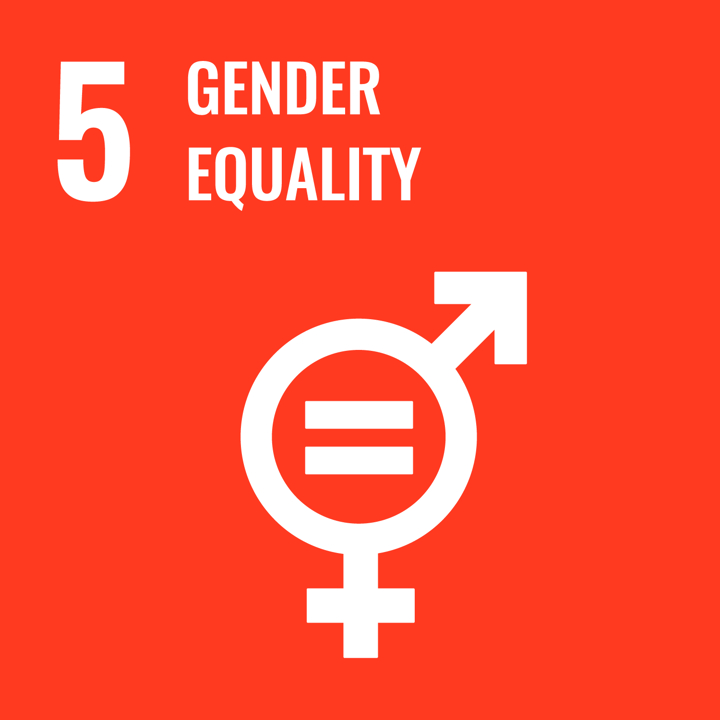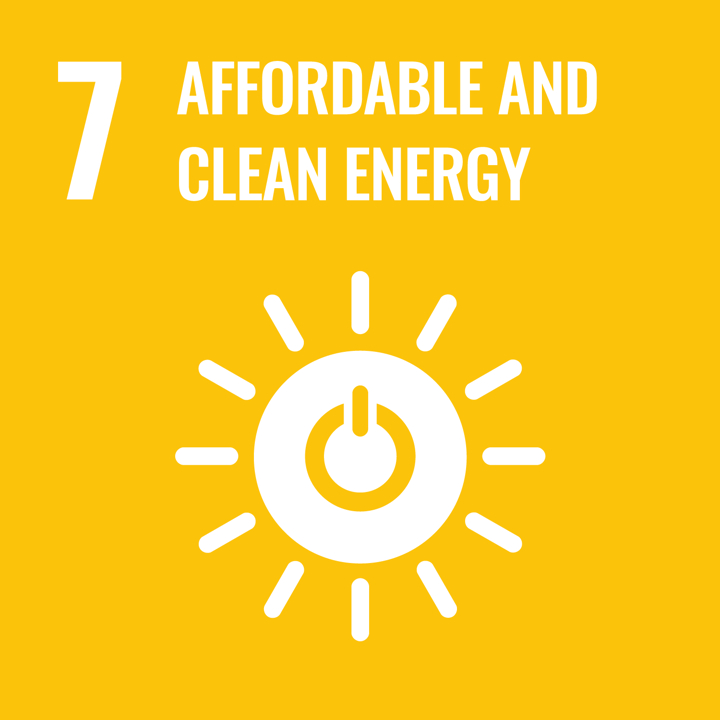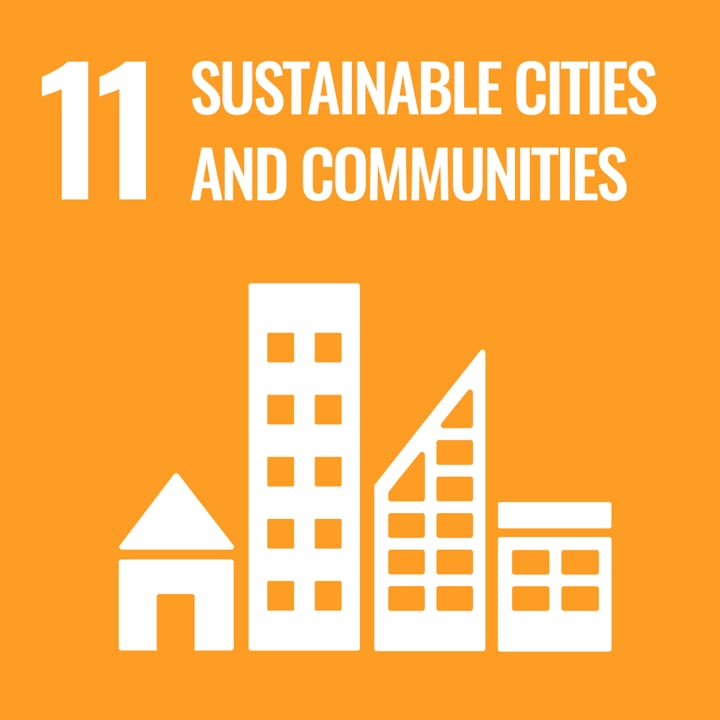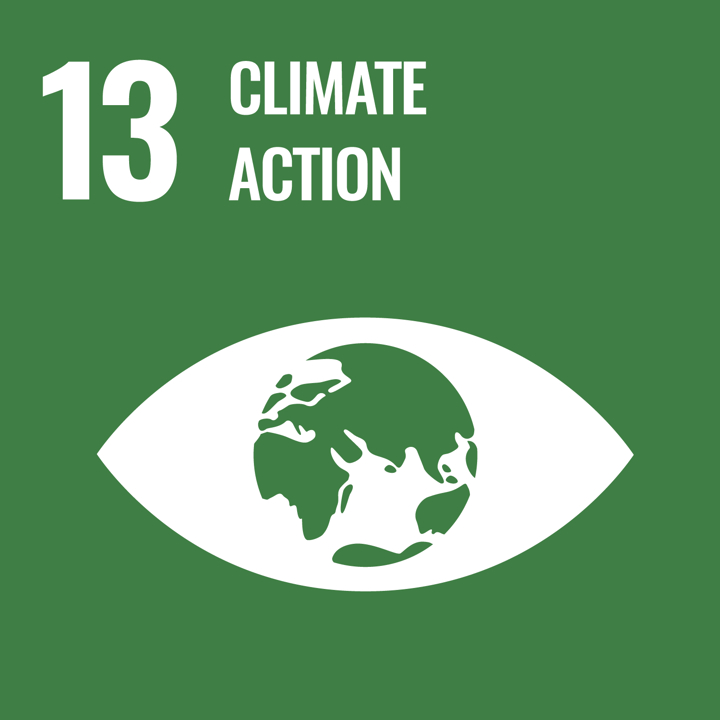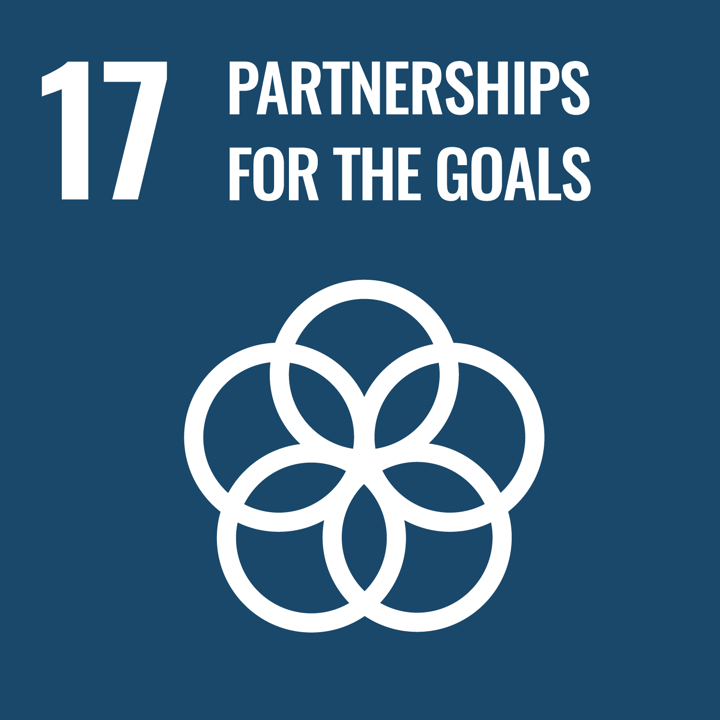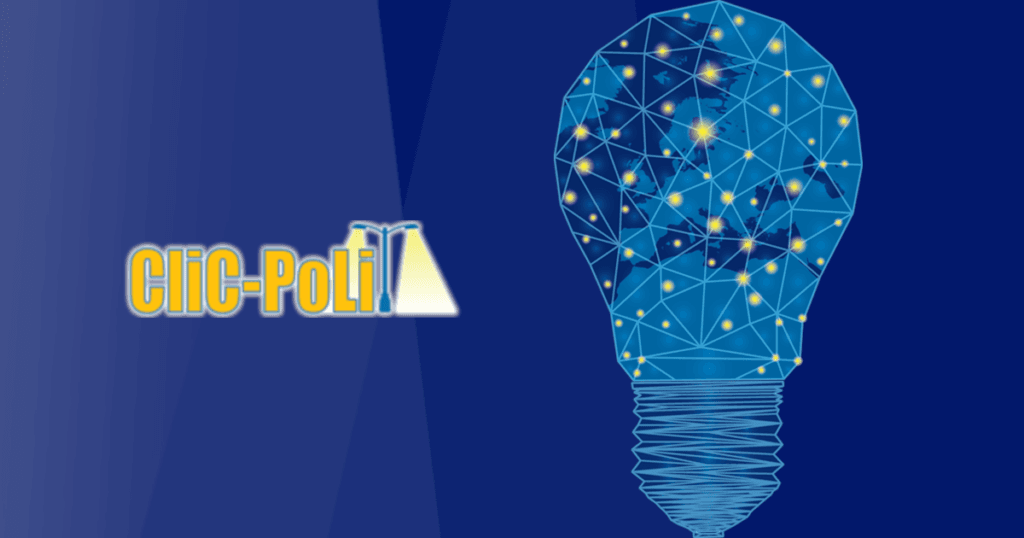
Vorgesehener Endnutzer: Lehrer, Schulleiter
Altersgruppe: Obere Primarstufe; Untere Sekundarstufe; Obere Sekundarstufe
Lehrplan der Schule: Maths; Science; Social & Environment Science; Arts; Applied Science
Themen und Fragestellungen: Energy Use and Production; Behaviour & Lifestyle; Collective Action; Environmental Change; Futures Thinking; School Leadership; Information & Knowledge; Citizenship; Pedagogy Approaches
Dauer: Depends on the activities. From 1h to several weeks as a project.
Art der Ressource: Assessment, Guidelines & Notes, Lesson Plans, Project, Online Tool
Schlüsselwörter: Light Pollution, Energy, climate change, responsible citizenship, Inquriy, Design Thinking, STEAM
Sprachen: Englisch
Beschreibung
Die Climate Action and Light Pollution Threat (CliC-PoLiT) project addresses critical environmental challenges – climate change, urban sustainability, and light pollution – through systemic, interdisciplinary approaches that integrate Science, Arts, and Humanities. By empowering students to investigate, solve, and act on real-world environmental issues, the project fosters essential skills such as problem-solving, communication, and collaboration. Students share their findings with their communities, promoting broader societal awareness and engagement.
The project provides a suite of resources, including guidelines, educational materials, and professional development tools for educators. These resources support the integration of the topics into school curricula and include assessment frameworks for both teachers and students.
The project, which concluded in 2024, introduced three replicable initiatives: two robotics competitions and a culminating Students’ Parliament Program. In this program, secondary students debated how European society should address scientific findings on light pollution. Discussions centered on four key themes:
- Impact on Biodiversity
- Impact on Energy Use
- Loss of the Night Sky
- Satellite Constellations
This innovative approach not only deepens students’ understanding of sustainability challenges but also inspires actionable solutions for a more sustainable future. Resources can be used individually or used in clusters depending on your need and level of experience.
Wie Sie diese Ressource nutzen können
You can use the CliC-PoLiT Educational & Assessment Toolkits to look for:
- Background information on Light Pollution, its effects on the environment, and its connection to climate change;
- Ideas and resources to support classroom activities;
- Connections between classroom activities and our pedagogical framework, and suggested ways of implementation;
- A how-to guide to introduce selected digital resources in schools;
- Introduce modern assessment practices to teachers including formative, summative and student self-assessment.initiatives.
You can also use the reports of the three initiatives that were implemented by the project – two robotics competitions and a culminating Students’ Parliament Program – that can be inspiring to be replicated.
Die Ressourcen
On the CliC-PoLiT website, under the menu TOOLKITS you can find the Educational & Assessment Toolkits. Under the menu COMPETITIONS, you can find the reports of the robotics competitions and the Students’ Parliament Program.
Lernergebnisse (Lehrkräfte)
- Abfrage des Vorwissens und Weiterentwicklung von Wissen und Verständnis von Schlüsselkonzepten der nachhaltigen Bürgerschaft, wobei etablierte Weltanschauungen und Werte in Frage gestellt werden.
- Anwendung einer Reihe von geeigneten Instrumenten und Rahmenwerken zur Förderung des bürgerschaftlichen Engagements von Studierenden im Bereich Nachhaltigkeit
- Reflektieren Sie die Praxis und untersuchen Sie die nationalen Lehrpläne, um Möglichkeiten zur Förderung der nachhaltigen Bürgerschaft auf interdisziplinäre Weise zu identifizieren und mit externen Interessengruppen in Kontakt zu treten.
- das Wissen, die Instrumente und den Rahmen gemeinsam zu synthetisieren, um Bildungsmaterialien und Unterrichtspläne zu erstellen, die an ihren eigenen lokalen Kontext angepasst sind
- Entwicklung und Anwendung von Beurteilungskriterien zur Bewertung des bürgerschaftlichen Engagements für Nachhaltigkeit bei Schülern.
- Durch Workshop-Aktivitäten und Praxisgemeinschaften werden Kapazitäten und Handlungskompetenzen von Lehrkräften und Führungskräften im Bereich Sustainability Citizenship aufgebaut.
Lernergebnisse (Leiterschaft)
- Durch Workshop-Aktivitäten und Praxisgemeinschaften werden Kapazitäten für die Vermittlung von Nachhaltigkeitskompetenz und Führungsqualitäten aufgebaut.
Grüne Kompetenzen
- Nachhaltige Werte verkörpern: Wertschätzung der Nachhaltigkeit; Förderung der Natur
- Komplexität in der Nachhaltigkeit berücksichtigen: Systemdenken; Kritisches Denken; Problemstellung
- Visionen für eine nachhaltige Zukunft: Futures Literacy; Anpassungsfähigkeit
- Handeln für Nachhaltigkeit: Politisches Handeln; Kollektives Handeln
Creative Commons
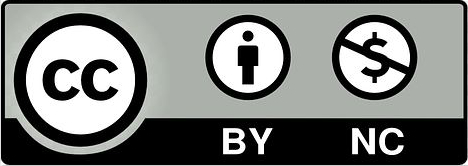
The resources were created by the CliC-PoLiT Consortium and is shared here by their kind permission.
SDGs

